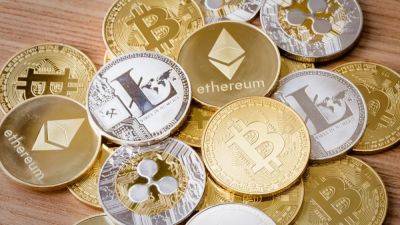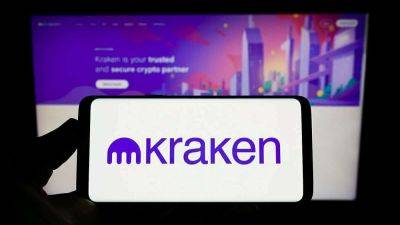Sri Lanka’s Stance on Crypto and the Launch of ‘Lanka Pay’ in 2024
Sri Lanka has always been a country where cash is king and this remains the case despite the country planning to introduce its digital currency by the end of 2024.
Once dubbed “the pearl of the Indian Ocean” — Sri Lanka is known for producing the finest tea, fresh coconuts, and exotic spices. Not forgetting the exotic wildlife including the leopard, elephant, sloth bear, blue whale, and sperm whale.
Sri Lanka remains anti-crypto. Its stance on cryptocurrencies is that digital currency is not considered legal tender in the country. According to directions No. 03 of 2021 under Foreign Exchange Act, No. 12 of 2017, Electronic Fund Transfer Cards (EFTCs) such as debit cards and credit cards are not to be used for payments related to cryptocurrency transactions.
Sri Lankan economic crisis first started in 2019 and in 2022, Sri Lanka’s economy struggled after fuel supplies ran dry. In terms of GDP, Sri Lanka is expected to reach $76.86 billion by the end of 2024, according to data from Trading Economics, and in the long-term, Sri Lanka’s GDP is projected to trend around $79.54 billion in 2025 and $82.33 billion in 2026, reports Trading Economics. In October 2023, Nandalal Weerasinghe, the Governor of the Central Bank in Sri Lanka, said he believes that the adoption of decentralized cryptocurrencies will worsen the nation’s economic condition. Last year, American millionaire Tim Draper recently travelled to Sri Lanka and proposed using Bitcoin as a legal tender to combat the corruption that caused the island nation’s hyperinflation. But Sri Lanka wasn’t having any of this. During a TV shoot in Sri Lanka, Draper met with President Ranil Wickremesinghe and Weerasinghe to suggest Bitcoin as a practical solution for solving
Read more on cryptonews.com




















